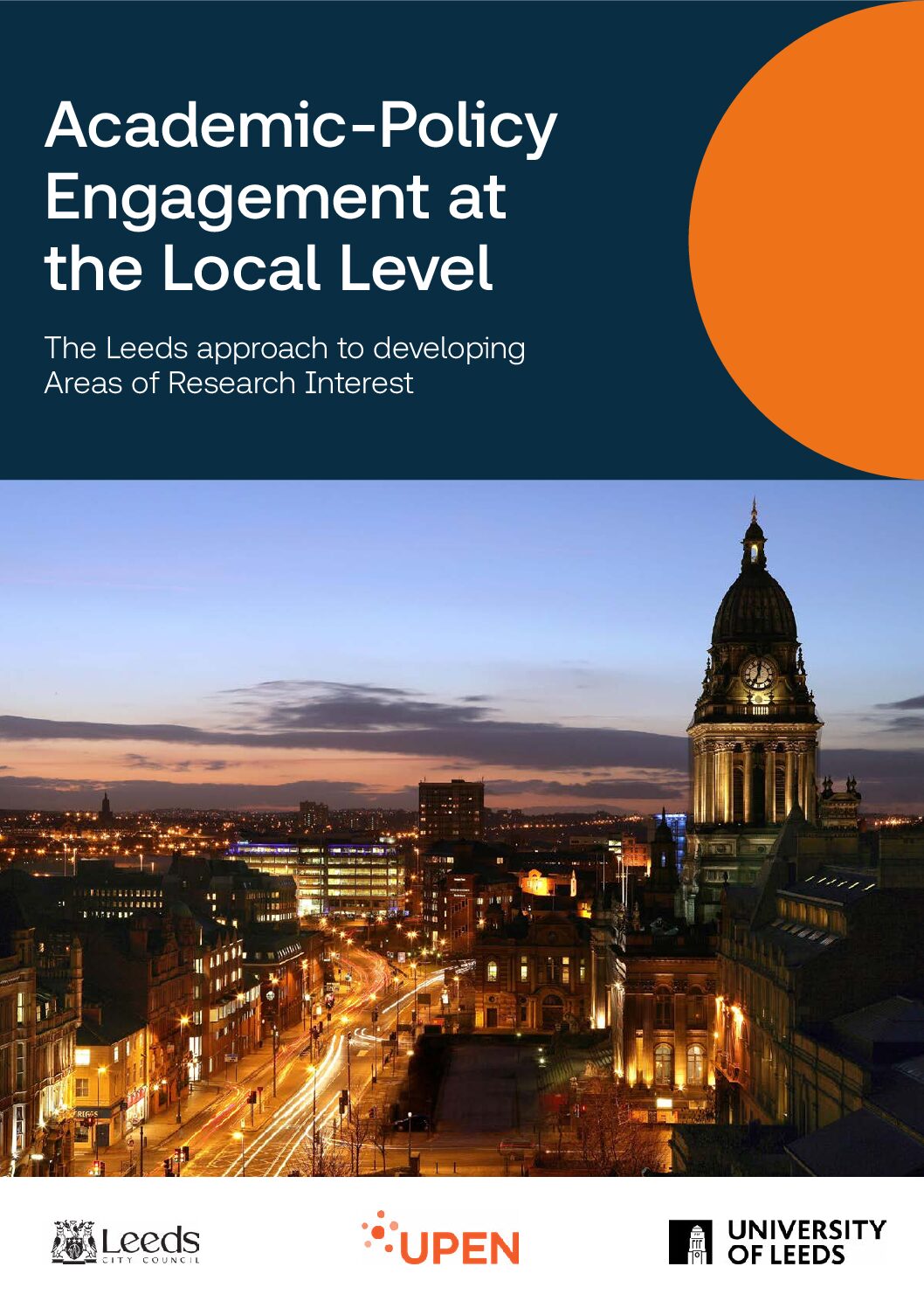Good policy is built on good evidence. Evidence isn’t the only factor; good policy requires an understanding of how to deliver, for example. But the best policy draws on up to date research, evidence and analysis from across all disciplines, rather than relying on received wisdom or a narrow evidence base.
Areas of Research Interest (ARI) were developed in response to Professor Sir Paul Nurse’s review of research councils in 2014. They are a way for government departments to communicate to researchers in universities and elsewhere the strategic research questions to which they need answers in the short to medium term.
This is a simple but important development: in the past, departments either assumed that it was obvious what questions they were wrestling with or were worried that by setting out what they didn’t know then people would know they didn’t know it. Either way, the end product was often frustration on both sides that researchers hadn’t intuited what it was that Government needed. And more importantly, policy wasn’t as good as it could have been.
Almost all government departments have published a first ARI statement. This is a great step forward, even though the quality is uneven – as is the extent to which they are a core part of departmental thinking.
Led by Neil Heckels of Durham University and informed by insight from UPEN members, our work offers thoughts on how to build on progress to date, and how to ensure that ARI are useful and become embedded as part of the research landscape. The headline conclusions are:
- ARI are an important bridge between demand and supply, and will help shape longer term research programmes as well as match current research to immediate questions.
- They are the start of a conversation, not an end in themselves, and that the conversation should include refining and shaping the question.
- That curating the conversation requires careful work: ARI cover large and diverse research areas and engagement could rapidly become unwieldy. This is an area for experiment using different formats and mechanisms.
- Financial and other incentives need to be aligned to recognise and reward engagement with ARI. This is an issue for funding bodies, for universities, and also for government departments who often assume that there is no opportunity cost to engagement.
- And finally, that it is vital to look cross departmentally as well as across disciplines.
ARI provide a means to identify where bits of government are looking at the same issue through different and disconnected lenses.


